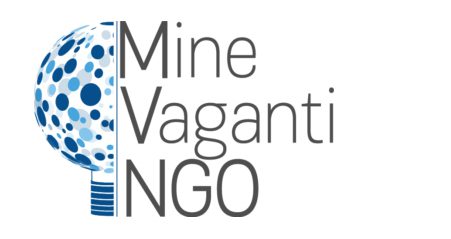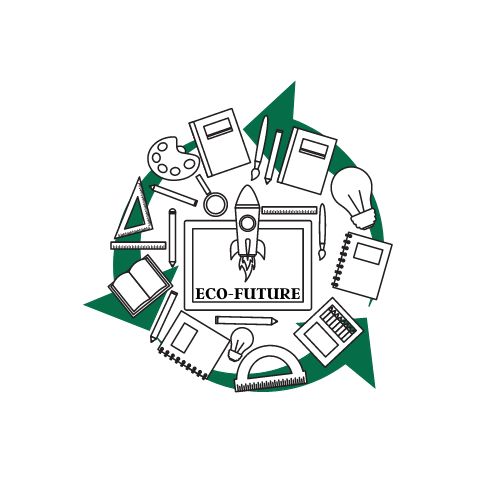KA2 Youth FOODY
FOOD-Y Foster Youth Employment and Entrepreneurial Skills Using Circular Economy to Find Solutions to Community’ Food Waste Issues
Swedish Agency for Youth and Civil Society implemented Erasmus+ Programme called “FOOD-Y foster youth employment and entrepreneurial skills using circular economy to find solutions to community’ food waste issues” for young NEETs and their educators or youth workers in order to activate youth’s ability to find innovative solutions and to tackle a global grave issue which is food waste.
Start: 01-09-2022 End: 31-08-2024
Project Reference:
EU Grant: 250.000 EUR
Programme: Erasmus+
Key Action: Cooperation among organizations and institutions
Action Type: KA220-YOU – Cooperation partnerships in youth
PROJECT COORDINATOR:
HELLO YOUTH -HeY (Sweden)
PROJECT PARTNERS:
ATALIERE FARA FRONTIERE – AFF (Romania)
ANAZITITES THEATROU / Fix in Art – FiA (Greece)
Mine Vaganti NGO – MVNGO (Italy)
FRAMEWORK associazione culturale – FRAME (Italy)
FAAL Dernegi- (Turkey)
PROJECT TOPICs:
– Community development
– Environment and climate change
TARGET GROUPs
-Young NEETs (Vulnerable group of young people in transition between education and the labor market)
-Their educators/youth workers
PROJECT OBJECTIVES
– Learn more about circular economy applied to the food sector specifically, food value-chain and the key actors in it, map key players in their respective communities
– Share expertise and best practices on other youth-oriented initiatives in the food waste sector (connected with priority ENVIRONMENT AND FIGHT AGAINST CLIMATE CHANGE)
– Create MULTILINGUAL learning materials (digital, interactive, micro-lessons…) to offer clear information about circular economy, food waste and the overall issues connected with waste and overconsumption of resources
APPROACH / METHODOLOGY
- Food waste prevention
- Circular economy
The circular economy is a model of production and consumption, which involves sharing, leasing, reusing, repairing, refurbishing and recycling existing materials and products as long as possible. In this way, the life cycle of products is extended.
- Micro learning methodology
- Collaborative learning possibilities
PROJECT ACTIVITIES
The FOODy Program:
– Look for best practices on the key topics
– Develop the structure of the program and skills associated
– Produce workshops and tools
– Assess English draft with key actors and finalize
Run the Program:
– Run the pilot of the program
– Project Presentation during 6 local events organized by youth in their communities
Plans for the future, aimed at the creation of an Educators Toolkit and its translations in different languages as a handbook





